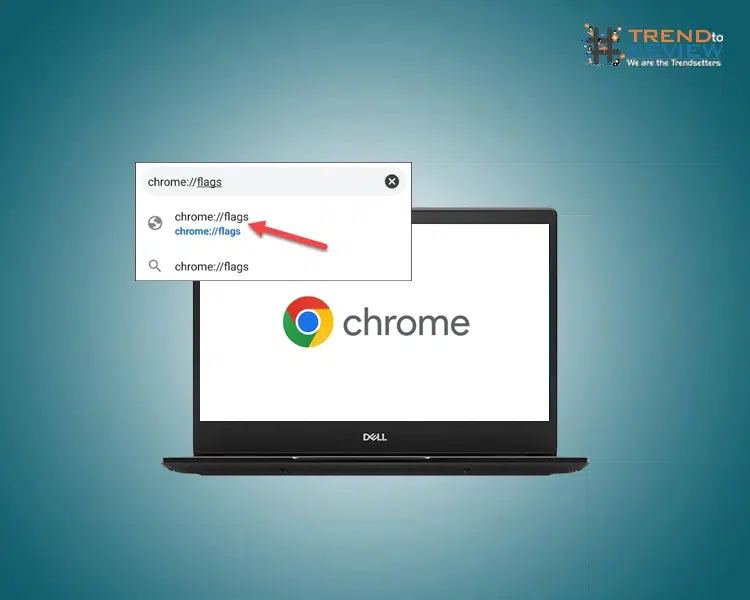Google Chrome is the most popular browser that is being used on Android, iOS phones and desktops. The browser comes with lots of exciting features, such as dark mode, extensions etc, that improve users’ experience. The browser also allows users to access the features that are not released yet. Quite interesting, right? Yes, with the help of Chrome Flags, users can use the features that are not added to the browser.
Excited to know how it works? This article will explain everything about Chrome Flags experimental feature.
What are Chrome Flags?
The new version of Google always brings new features that developers need to check to ensure their capability and potential. Google tested these features with a small percentage of users before rolling them for public use. Chrome Flags is an experimental feature of the Google Chrome browser that allows testing new features.
Let’s now talk about the term Chrome Flags widely. Chrome is taken from Google Chrome, and a Flag is used for software development to describe features that can be turned on and off as needed. Unlike other programs, Chrome does not stop its users from enabling or disabling new features. However, it isn’t the case with all flags in Chrome; still, you can find a good chunk of accessible flags.
How to enable and disable Chrome Flags?
Activating and deactivating Chrome Flags is simple. Follow the below-mentioned steps to enable Chrome flags on Android phones and desktops.
- Open a new tab on Google Chrome browser and enter chrome://flags.
- Scroll through the list of experiments or search for what you want to tweak.
- Select the drop-down menu on the Flag you want to change and choose your desired state from Default, Enabled and Disabled. Some of the apps may have more options.
- Repeat the above steps if you want to tweak more than one Flag.
- At the bottom of the screen, you will be asked to relaunch your browser to apply the changes.
- Tap the ‘Relaunch’ button.
With this Chrome Flags setting, you can easily enable and disable it on your system.
Top 10 Chrome Flags to enable
Now you know what Chrome Flags is, you might want to try it. Here are some Chrome Flags experimental titles.
- chrome://flags#side-search
This Chome Flag allows you to search the things on the website you’re already using rather than opening a new tab.
- chrome://flags/#enable-reader-mode
It adds a reading mode to Chrome and eliminates all the clutter from web pages, making reading news, books, and articles a lot easier.
- chrome://flags/#back-forward-cache
If you want to make your web pages load faster, these Chrome Flags are worth checking. However, it will eat up space on your device.
- chrome://flags//#upcoming-sharing-features
This Flag adds a tool under the Chrome share menu in the address bar, allowing you to take screenshots of a webpage. It adds a tool under the Chrome share menu in the address bar.
Must Read- Unblockit: 100% Access To All Blocked Torrent Websites
- chrome://flags/#smooth-scrolling
If you need to move a lot within a webpage, this is one of the Chrome Flags making scrolling content on the website much easier and smoother.
- chrome://flags#enable-parallel-downloading
Chrome Flags enable users to fast download on your system. It works by splitting multiple files you download into smaller parts for faster completion.
- chrome://flags/#enable-force-dark
Everyone prefers dark mode these days, and Chrome Flag allows you to enable it on any page you’re using.
These are some popular Chrome Flags that you can try. Chrome Flags are fun and add extra dimensions to Google ChromeOS, which enhances the browsing experience.
Note: If you accidentally activated any Chrome Flag on your device, you must roll back to the original settings for each Flag.



